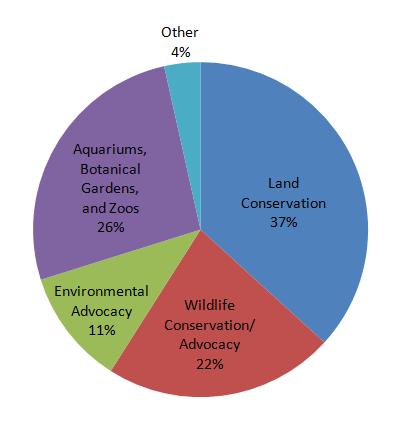Recent Prometheus Blogs
 Prometheus, the Centerís science policy weblog, continues to serve as an online forum for discussion of a variety of issues at the intersection of science and policy. Recent blogs include:
Prometheus, the Centerís science policy weblog, continues to serve as an online forum for discussion of a variety of issues at the intersection of science and policy. Recent blogs include:
Do IPCC Temperature Forecasts Have Skill? by R. Pielke, Jr.:
"Skill" is a technical term in the forecast verification literature that means the ability to beat a naÔve baseline when making forecasts. If your forecasting methodology canít beat some simple heuristic, then it will likely be of little use.
What are examples of such naÔve baselines? In weather forecasting historical climatology is often used. So if the average temperature in Boulder for May 20 is 75 degrees, and my prediction is for 85 degrees, then any observed temperature below 80 degrees will mean that my forecast had no skill. In the mutual fund industry stock indexes are examples of naive baselines used to evaluate performance of fund managers. Of course, no forecasting method can always show skill in every forecast, so the appropriate metric is the degree of skill present in your forecastsÖ read more.
The Politicization of Climate Science by R. Pielke, Jr.:
Here I'd like to explain why one group of people, which we might call politically active climate scientists and their allies, seek to shut down a useful discussion with intimidation, bluster, and name-calling. It is, as you might expect, a function of the destructive politics of science in the global warming debate.
We've had a lot of interest of late in our efforts to explore what would seem to be a simple question:
What observations of the global climate system (over what time scale, with what certainty, etc.) would be inconsistent with predictions of the IPCC AR4?
The motivation for asking this question is of course the repeated claims by climate scientists that this or that observation is "consistent with" such predictions.Ö read more.
Conservation Nonprofit Revenue by D. Cherney:
This past week, I aggregated IRS tax data for the top 50 revenue producing conservation nonprofit organizations. I documented over $22.5 billion dollars in combined revenue between 1998 and 2005. The combined assets of these organizations were approximately $8 billion in 2005. To help understand where revenue is flowing, I used a simple classification system. The following pie chart breaks down revenue by sector for the eight year period:
Of little surprise, The Nature Conservancy (TNC) is the top revenue generating conservation nonprofit. In 2005, TNC accounted for 25.6% of the revenue generated by the top 50 organizations.Ö read more.


